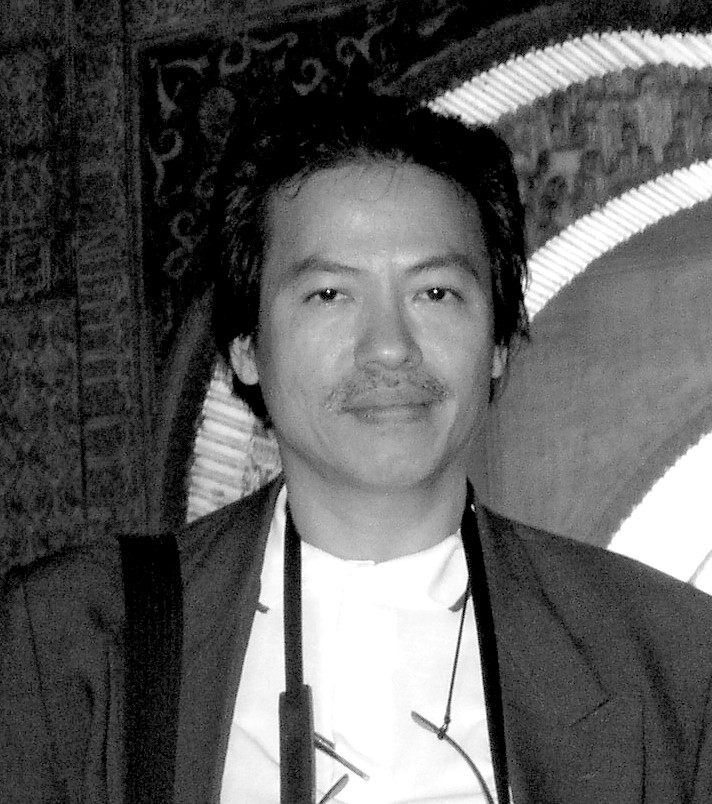One of the greatest challenges that faces a society coming out of a period of authoritarian rule and bad governance is the need to break away from looking to political initiatives and to politicians as the way to fix all national – and even individual – dilemmas.
While it is true that the right policy and the right political stance can do a lot for an issue, it is nevertheless important for members of a society to remember that they are – or should be – masters of their own fate.
Once upon a time, when the rule of law was not properly respected and Malaysia’s racialist dictatorship justified abuse and misuse of power, society was understandably politicised. Now, a politicised society is one where most, if not all, issues are twisted to serve the immediate or short-term needs of a politician or a party.
The delayed effect of this is that the country’s citizens become fearful and cautious, and they learn to think reticently. The only people assumed to be proactive and empowered are the politicians, especially those in power, and politics becomes the only arena where issues are formulated and sorted out. The universities and the fourth estate of journalism are sidelined.
In such a situation, citizens see themselves as victims in one way or another – victims of an environment where legality is unreliable, punishment is unexpected and power is in someone else’s hands.





